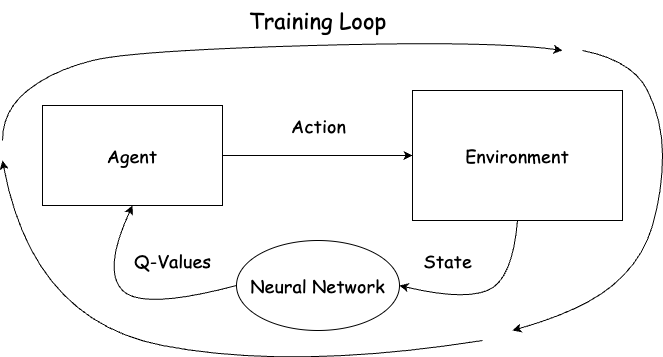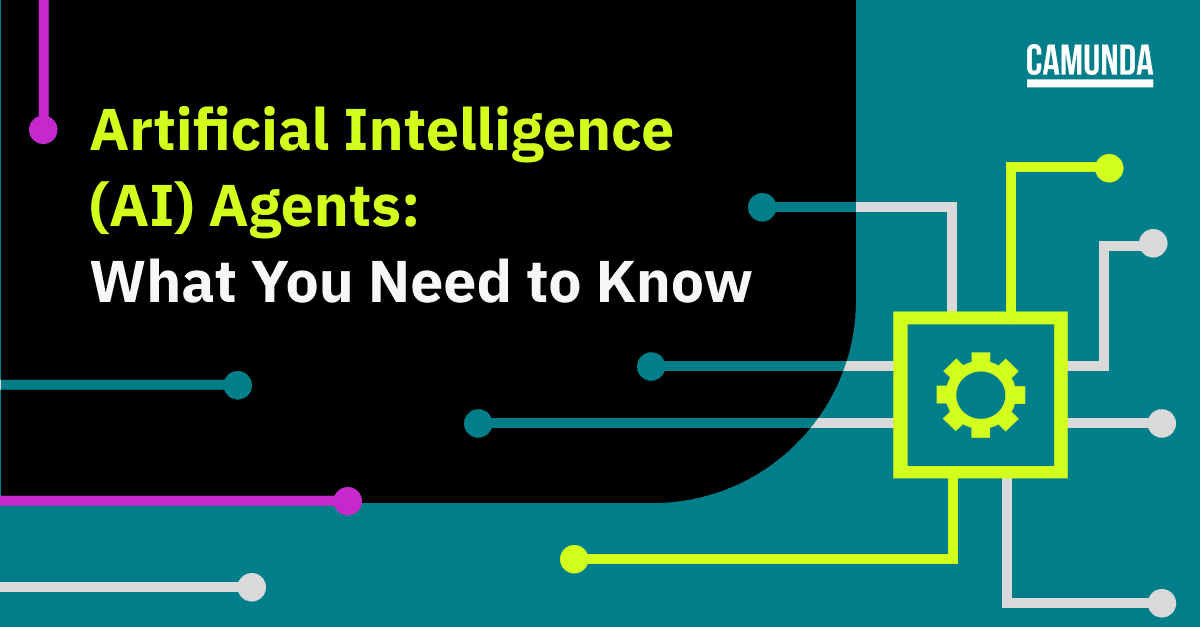Recommended Tips To Choosing An AI Agent Site For Business
Wiki Article
Ai Agents Can Be Used By Businesses To Reduce The Errors That Occur During Financial Transactions.
Here are 10 tips for businesses on how they can reduce errors in financial transactions by using AI agents.
1. Automated Data Entry
AI eliminates data entry errors by:
Making use of OCR and NLP to extract data from invoices, receipts and other financial documents.
Do not manually enter data by connecting directly to financial systems.
2. Implement Smart Validation Rules
AI ensures data accuracy by:
Cross-referencing inputs using historical data as well as other sources, in addition to defined rules.
Finding errors like duplicate entries, mismatched numbers or incorrect formats.
3. Use real-time anomaly detection
AI identifies discrepancies by:
Monitor financial transactions to identify any patterns or anomalies that are unusual.
Alerting users of potential fraud or mistakes before they escalate.
4. Standardize Financial Processes
AI is dependable because of:
Automate repetitive processes such as tax calculation, invoice generation, as well as journal entries.
Reducing the variability of manual processing across different teams.
5. Predictive Analytics
AI minimizes forecasting errors by:
Utilizing historical trends as well as live data will give accurate cash-flow, revenue and expenses forecasts.
Identification of areas where there are differences.
6. Automate Reconciliation Processes
AI improves accuracy of reconciliations through:
Automatically matching transactions between ledgers and bank statements.
Highlighting unmatched products to resolve the issue quicker.
7. Deploy Intelligent Approval Workflows
AI reduces human oversight errors by:
Routing financial approvals using pre-configured rule sets.
Before you advance transactions in the flow, be sure that they meet the requirements.
8. Conduct regular data audits
AI simplifies audits by:
Reviewing and confirming daily financial records to ensure they are compliant with the regulations.
Auditable reports that provide a detailed record of all adjustments and modifications.
9. Integrate AI with financial systems already in place
AI reduces integration errors by:
Integration of ERP, CRM, Accounting platforms.
Be consistent, and avoid data silos.
10. Train Your Staff to Use AI Effectively
AI tools are most effective when they have well-informed users:
The employees must be taught on the ways in which AI tools can be utilized efficiently, as well as the information produced by AI.
Encourage the use of AI to improve accuracy, while maintaining oversight of critical decisions.
Utilizing these strategies, companies can reduce the number of errors that are made by hand, improve the accuracy of their operations and save resources they can utilize to focus on financial strategies that are strategic. Take a look at the pro AI agent for Subscription Renewal for blog guide including AI agent for server performance monitoring, AI agent for vendor selection, AI agent for customer ticket management, AI agent for subscription services, AI agent for access control management, AI agent for appointment scheduling, AI agent for consumer insights, AI agent for finance, AI agent for regulatory reporting, AI agent for application development and more.

Ai Agents Are A Great Way To Seamlessly Integrate Your Current Systems.
Here are 10 ways AI agents can seamlessly integrate with existing systems to streamline financial operations.
1. Automated Data Synchronization Across Systems
AI agents ensure smooth data flow through:
Data sync automatically between ERP systems, CRMs accounting systems and banking.
The need to manually enter data is less frequent and the coherence of the platforms is ensured.
2. Real-Time processing of transactions
AI agents facilitate real-time processes by:
Integrating banks, payment processors, and financial platforms for instant transaction processing.
Make financial records up-to-date instantly across multiple platforms, ensuring that they're always up-to-date.
3. Cross-System Reconciliation
AI agents are able to reconcile financial information between various systems using:
Automatically matching transactions in the ERP, accounting and payment platforms.
Identifying discrepancies and resolving them without manual intervention.
4. Unified Reporting and Dashboards
AI agents can produce complete reports using:
One dashboard that aggregates information from various financial systems.
Offering real-time precise financial information and performance metrics to aid in decision-making.
5. Complete Integration of APIs
AI can be integrated into existing systems via APIs.
Connecting AI agents to existing software tools with Application Programming Interfaces (APIs).
AI agents are able to retrieve, process and push data across systems in a seamless manner.
6. Workflow automation between platforms
AI agents can automate workflows:
Automating processes such as invoice generation, approvals, and payment processing across integrated systems.
Enhancing the efficiency and accuracy of financial processes by decreasing the manual involvement.
7. Intelligent Document Management
AI can be utilized to manage documents across various systems.
Using optical character Recognition(OCR) and Natural Language Processing(NLP) for extracting and classifying data from invoices.
Automatically uploading of data to relevant systems (e.g. Accounting software, Document Management Systems) for storage, access and storage.
8. AI-Driven Customer Relationship Management
AI is able to be integrated with CRM systems:
Financial systems analyse data on customers and provide them with personalized advice or products.
AI-driven changes to customer records include payment history, transaction patterns, and additional insights.
9. Fraud Detection Across Financial Systems
AI enhances fraud detection by:
Monitoring the continuous flow of transactions across different financial platforms, integrating it to detect irregularities.
Alerting relevant stakeholders of potential fraud in all systems in real time.
10. Predictive Analytics Integration
AI integrated with tools for financial planning by
Analyzing data from sales, accounting, and payment systems in order to determine cash flow, revenue, and expenditures.
This predictive data should be incorporated into financial planning software programs to aid in better forecasting.
Utilizing AI to integrate seamlessly with existing financial systems, businesses can improve their efficiency, enhance accuracy in workflows, and take decision-making based on data more quickly. See the expert AI agent for Finance Compliance for website info including AI agent for dispute resolution, AI agent for social media trend monitoring, AI agent for server performance monitoring, AI agent for litigation support, AI agent for candidate screening, AI agent for faq update monitoring, AI agent for ticket escalation management, AI agent for document filing, AI agent for information security management, AI agent for customer communication and more.

Ai Agents Can Assist Businesses Comply With Regulations And Compliance.
Here are 10 ways companies can benefit from AI agents to adhere to regulations and compliance in finance operations:
1. Automating the Reporting of Regulatory Information
AI agents can help streamline reporting:
Automatically generating compliance reports that are required by regulatory bodies (e.g., SEC filings Tax reports, SEC filings, or financial disclosures).
ensuring that all required documents are in order on time decreases the risk for fines for late filings.
2. Monitoring of transactions in real-time
AI ensures compliance with anti-money-laundering (AML) as well as Know-Your-Customer (KYC), by:
Continuous monitoring of financial transactions for the detection of suspicious transactions.
Marking transactions that could be in violation of compliance rules (such as unusual or large transactions or payments made across borders which require extra surveillance).
3. Automated audits and data validation
AI agents assist in audits through:
Reviewing financial records to make sure they're in compliance with internal and external policies.
Complete and accurate financial information. Be alerted to any discrepancies or mistakes that could lead to violations of compliance.
4. Maintaining data security and privacy
AI can help meet data protection regulations (e.g., GDPR) by:
Securely store sensitive transactional and customer information to ensure that it is securely transmitted and stored.
Automatically managing consent preferences, ensuring that customers' personal information is used only in accordance with legal agreements.
5. AI Fraud Detection
AI helps fraud prevention by:
Analysis of transaction patterns to detect irregularities or fraud that may be in violation of the financial regulations.
Utilizing machine-learning algorithms to anticipate the risk of fraud and then identify them, minimizing violations of legal or fiscal standards.
6. Change Detection in Regulatory Law
AI helps businesses stay current by:
Monitor changes to relevant financial regulations such as taxes and reporting obligations.
Automatically updating systems and procedures within the organization to comply with any changes in the regulatory framework.
7. KYC and AML Compliance
AI helps to ensure compliance:
By automatizing the identification and verification process of customers, companies can comply with KYC regulations.
Comparing customer behaviors with established risk profiles can help identify money laundering.
8. Risk Assessment and management
AI increases compliance through:
Continuously assessing, predicting and managing compliance risks using past data and financial transactions.
Recommending actions to mitigate the risks identified and ensure compliance to regulatory frameworks.
9. Document and Contract Analysis
AI enhances compliance by enhancing compliance in the following ways:
Use natural language processing to analyze legal documents like agreements, contracts and other documents to determine if they conform with the regulations.
Companies can prevent legal issues by automatically flagging clauses and clauses that might be contrary to the law.
10. Tax Compliance Software for Tax Compliance
AI simplifies the tax compliance process:
Automating the calculation of taxes and filing them, ensures that companies follow deadlines for filing taxes and tax laws.
Analyzing transactions data in order to identify potential tax opportunities like exclusions, deductions, or other tax-related benefits, while avoiding errors that could result in penalties.
Companies can keep track of changes in regulations by using AI agents in order to guarantee strict compliance. They can also lower the possibility of making mistakes or omissions. AI is a valuable tool for financial operations because of its ability to automate, monitor, and adapt to changing requirements. See the recommended AI agent for Contract Management for site info including AI agent for information security management, AI agent for incident response documentation, AI agent for digital marketing, AI agent for credit management, AI agent for access control management, AI agent for variance analysis, AI agent for supplier management, AI agent for it security, AI agent for investment strategy, AI agent for liquidity planning and more.
